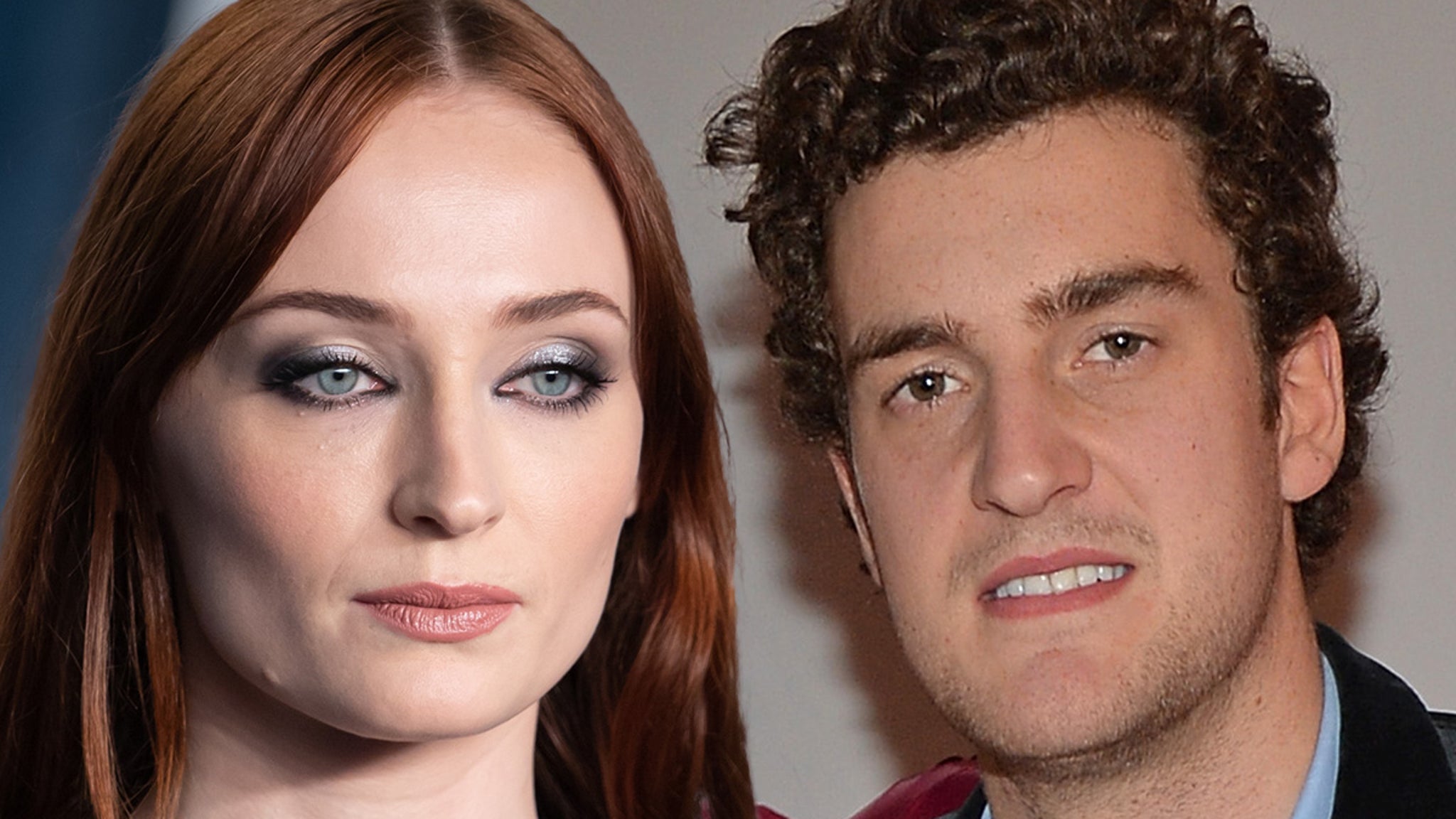Culture
New Season of ‘Black Mirror’ on Netflix Satirizes Streaming Services

The deal is too good to be true: The setup is free, the monthly fee low. Streaming is unlimited with further benefits still to come. But hidden costs emerge. Intrusive ads pop up. The app’s time in sleep mode becomes longer and longer. Those perks? You’ll have to pay more for them — much, much more.
This story arc should be familiar to anyone who has ever downloaded a free app or subscribed to a streaming service, which at this point is pretty much all of us. And it is at the very dark heart of “Common People,” the first episode of Season 7 of “Black Mirror,” the anthology sci-fi series that helped to give Netflix, which has distributed it since its 2011 debut, artistic cred. All of this season’s six episodes arrive on Thursday.
Is mocking streaming services biting the hand that keeps renewing you? Charlie Brooker, the creator of “Black Mirror,” was more equivocal. “To be honest, I’m probably more nibbling the hand that feeds us,” he said on a recent video call.
In its past seasons, “Black Mirror” has promoted a skeptical view, perhaps an utterly nihilistic one, regarding the ways in which entertainment is created and enjoyed. In the near future, we are all amusing ourselves to death, or worse. But with the exception of last season’s episode “Joan Is Awful,” written by Brooker and directed by Ally Pankiw, in which a Netflix stand-in creates humiliating shows adapted from its subscribers’ lives, Brooker has never come for streamers so baldly.
Brooker first conceived of “Common People” while listening to true-crime podcasts. He was struck by the disjunction of hearing a host describe a mutilated corpse in one moment and advertise a meal prep service the next. What, he wondered, would make a human integrate sponsorship into their ordinary speech?
At that point, he thought that the show would be, like “Joan Is Awful,” a dark comedy, a funny story. “He kind of tricked me,” Pankiw, who also directed “Common People,” said of Brooker’s pitch. “I was like, OK great. Then I read the script and I was like, Oh, it’s actually incredibly devastating.”
In “Common People,” Amanda (Rashida Jones), a schoolteacher, is diagnosed with an inoperable brain tumor. But a new service, RiverMind, can make a digital copy of her brain and stream it right back into her skull. Her husband, Mike (Chris O’Dowd), signs her up. But then the costs rise, the subscription tiers multiply and the terms and conditions become increasingly onerous. Soon Mike is humiliating, even disfiguring, himself on a social media site called Dum Dummies just to pay the monthly fee. In the real world, a streaming subscription is hard enough to cancel. In “Black Mirror,” it’s a matter of life and death.
“It’s not subtle,” Brooker said. “To take a comedic idea and then follow it through to an unrelenting conclusion is something that I like to do.”
And as with “Joan Is Awful,” which introduced Streamberry, the obvious Netflix copycat, Netflix has been a good sport about Brooker’s critique, never asking him to alter or soften it. “They seem to have been very relaxed about it, which is almost a shame,” he said.
That’s probably because the real target of “Common People” is not so much streamers as a health care system that freely bankrupts people who can’t afford lifesaving treatment. Pankiw, who was raised in Canada, finds this as shocking and dystopian as anything that the “Common People” describes.
“The episode is so topical, because you have to make decisions under late-stage capitalism that you shouldn’t have to make,” she said. “It’s a hellscape out there. Literally, people can’t afford to keep their loved ones alive.”
Jones, who stars in the episode, understands the late-stage capitalism conundrum, especially as it relates to questions of artistic integrity. For her, though the episode may ultimately concern health care, “it’s not not about streaming,” she said. “A lot of us work for giant conglomerates that do have this unchecked control to arbitrarily change pricing and tell people what their worth is in the marketplace.”
She sees the episode as a treatise on the lack of agency that many of us may feel in the big tech era. And she realizes she’s complicit in that. (Asked which streamers she subscribes to, she replied, “Kind of all of them.”) But then again, who isn’t?
Other episodes this season also pose doomy questions of entertainment — making it (“Hotel Reverie,” “Plaything”); being in thrall to it (“USS Callister: Into Infinity,” a sequel to a beloved Season 4 episode); allowing it to destroy the world (“Plaything” again). That’s true of other seasons, too. A generation ago, the promise of being able to watch, hear or play nearly anything almost anywhere would have seemed utopian. Turns out that it’s oddly unsatisfying, and annoyingly expensive. “Black Mirror” reflects this.
Netflix, which hiked its prices earlier this year, is of course implicated in that dissatisfaction. And so by extension is “Black Mirror.” Asked if he could imagine an ethical way to consume a show like this, Brooker hesitated.
“A way of consuming entertainment that doesn’t chip away our souls — that’s such a bleak question,” he said. He thought about it for a while. “No,” he said, “there isn’t.” But he joked that the best way might be to watch it, then watch it again, then leave a rave review.
“We’re just trying to entertain,” Brooker said.





























